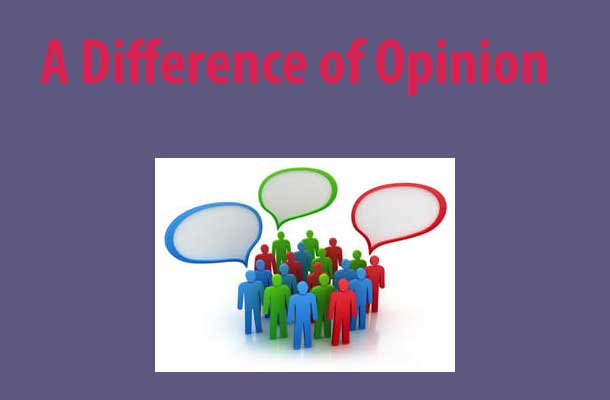 Contrary to decades of marijuana proponent propaganda, it’s not a drug like alcohol or caffeine. It’s very purpose is intoxication
Contrary to decades of marijuana proponent propaganda, it’s not a drug like alcohol or caffeine. It’s very purpose is intoxication
By Peter Stockland
Senior writer
Cardus
OTTAWA, Ont. – OPINION- There’s something quasi quaint about the federal government introducing legislation to legalize marijuana.
News reporting on the budding bill has generously employed terrible puns to create a sense of giggling excitement about it. A Canadian Press story advised that all of Ottawa is “buzzing” at the audacity that dope represents.
Buzzing? Among the permanently buzzed, perhaps. Clearer eyes can’t help recognizing the stale nature of the gesture, like watching poor old drunken Uncle Boo being shuffled into a cab long after the other guests have left the party.
It is, after all, 2017. Once, pot smoking smelled like teen spirit. It epitomized adolescent rebellion – and perhaps still does in the congestive hearts of middle-aged balding men with ponytails.
Today, the fiscally conservative C.D. Howe Institute issued a report advising Ottawa on taxation and regulatory approaches for an effective federal-provincial marijuana distribution model.
C.D. Howe estimates pot taxation will raise $675 million for federal and provincial governments in the first year. That’s chump change as government spending goes but upping the tax ante, the institute warns, risks driving pot buyers to the black market – as happened when governments tried to curb tobacco smoking through tax disincentives.
Yes. Dope talk is now primarily tax talk. Yesterday’s easy riders have become our forward financial planners.
Still, the legalization of marijuana involves more than a token paradox. It seeded the ground for every cause that came later by raising the question of whether criminal law is the proper means to communicate a nation’s, a society’s, a culture’s moral sensibility. Somehow, all the other liberalizing agenda items of the last generations leapfrogged it into legality. Why?
Perhaps smoking pot seemed too trivial. What chance did it have as a pressing and urgent issue against a weighty later-comer such as the the decision to kill people in public hospitals, or the ideal of having young boys and girls surgically contort themselves into the other sex?
Maybe it was our collective sense that legalizing marijuana really does finalize what the British journalist Malcolm Muggeridge called “the great liberal death wish.” Did we intuit that it embodies what Pope John Paul II called “the culture of death” in a way more grievous, if that’s possible, than every other aspect of progressive destruction?
Progressive causes most often centre on some novel form of bodily obliteration, of course. But the real questions at the heart of the legalization debate set to unfold in Parliament are spiritual, not physical.
True, we will hear in coming days point-counterpoint about the pernicious – or not – effects of marijuana. Such data will be good for the debate, although whether it will do any good more broadly remains an open question.
The questions that truly need asking are these:
- What is the need we have as a culture for the inescapable effect of ingesting marijuana?
- What is the hole in our social hearts that it fills?
- What void of human charity are we seeking to overcome by making it legal?
For, contrary to decades of marijuana proponent propaganda, it’s not a drug like alcohol or caffeine. It differs in its nature. The very purpose of pot is intoxication. It’s the deliberate clouding of reality; that is, of consciousness. It’s the separating of the self from an incarnate world of ordered love of neighbour.
It is possible, after all, to have a leisurely glass of wine with a meal without being poured, addled, into a taxi afterward. Outside the still highly debatable medical marijuana context, though, it’s not possible to recreationally ingest pot absent the intention of getting high. Something in our deepest hearts rebels against that deformation of the fully human.
We object to it not merely as a failure of individual choice or control. We resist the universal acceptance of spiritual negation it represents. Or at least we traditionally tried to do so, and too often failed, which is why we embedded in our criminal law the moral sensibility against it.
Soon, that last restraint will be gone. The great liberal death wish will be granted in full, stale-dated and quasi-quaint as it might seem.
Trust me, it will smell nothing like teen spirit.
Peter Stockland is senior writer with think-tank Cardus, and publisher of www.Convivium.ca.
© 2017 Distributed by Troy Media
The views, opinions and positions expressed by all columnists and contributors are the author’s alone. They do not inherently or expressly reflect the views, opinions and/or positions of NetNewsLedger.






